There were more than 200 call outs a day – one every seven minutes – for a car key-related problem last year, according to new research from Green Flag.
Call out data from the breakdown provider shows that almost two-thirds (62%) of those were a result of drivers having locked their keys in the car.
A further fifth (21%) of call outs occurred due to keys being jammed in the lock or ignition, while 12% were a result of lost keys.
One in 20 drivers (5%) suffered because their key broke or snapped whilst trying to use it.
Spare key failure is also an issue for drivers. Separate research from Opinium revealed that 25% of drivers have found themselves unable to start their car because of a key-related issue at least once, with 7% requiring breakdown assistance because of these spare key failures.
Replacing a lost car key costs an average of £340, but prices vary depending on the make and model of the car: for vehicles with advanced keyless entry systems, costs can rise even higher.
Katie Lomas, managing director at Green Flag, said: “Inevitably, it is when you need to be somewhere important when you find you don’t have a working car key and unable to find your spare.
“Keeping track of your spare key, ensuring its battery hasn’t run out and storing it in a secure but accessible location can make all the difference. Simple precautions can help save time,
John Price, technical lead engineer at Green Flag shares his top tips to minimise any key-related problems.
- Promptly replace the batteries of any failing car keys – when a car key is running out of battery, it will become glitchy at first before failing altogether. Spot the signs early and make sure to replace the battery before it fully runs out to prevent any complete failures.
- Store keys properly – avoid extreme temperatures, as extreme cold can drain key fob batteries for example.
- Have a spare key and know where it is – ensure all drivers in the household are aware of its location.
- Use a faraday pouch – if you have a spare key and are keeping it in your home, or indeed your main car key too, to avoid this being relayed or broken, then storing it within a faraday pouch can help with this.
- Have a backup plan – consider keyless entry options or storing a spare key with a trusted person.
- Use key tracking devices – tracking devices can help locate misplaced keys quickly.
- Consider key insurance – Green Flag covers the cost of replacing lost or stolen keys, reducing the financial burden of key-related emergencies.
- Have breakdown cover in place – depending on the policy you take out, a breakdown provider can be on hand to help if you get locked out of your car. Alternatively, a breakdown company may decide to transport your vehicle to a local garage or a locksmith to help.
With so many motorists unprepared for a key-related breakdown, Green Flag is urging drivers to take active steps to maintain their key health avoiding costly repairs.

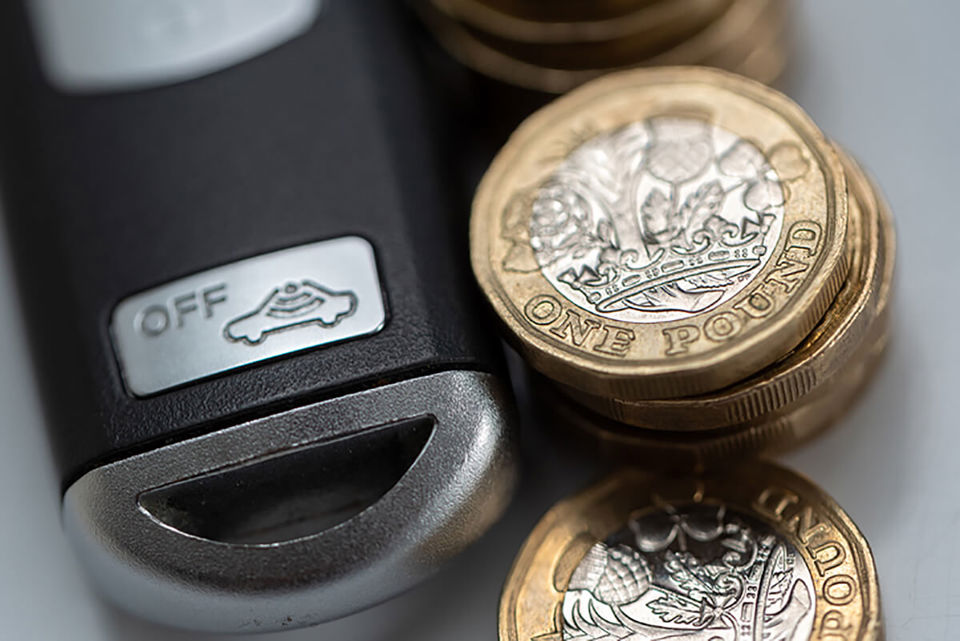






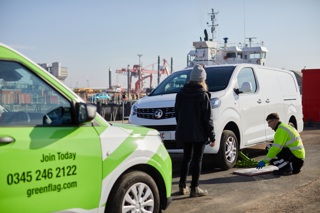
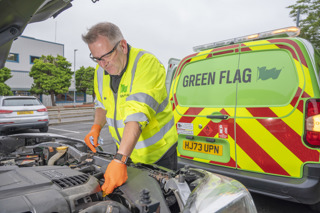
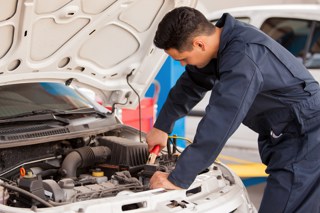





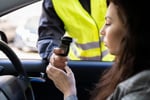





Login to comment
Comments
No comments have been made yet.